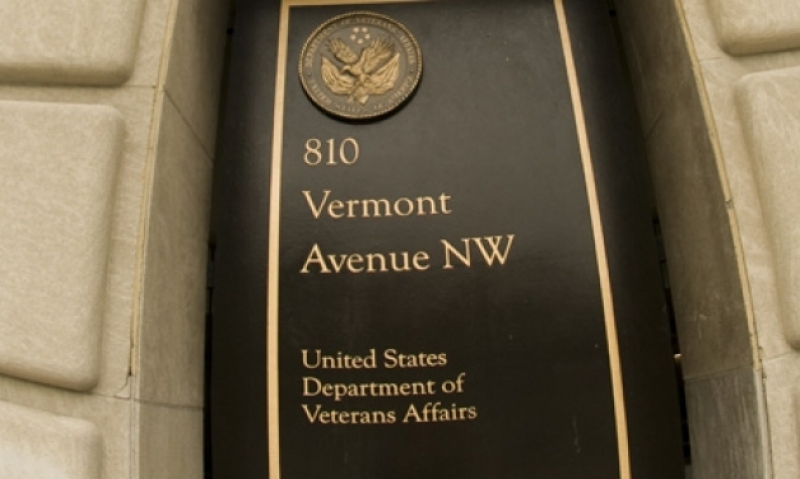
Legion commends VA’s draft proposal of CARE Act
In an effort to improve veterans’ experiences with and access to health care, the U.S. Department of Veterans Affairs (VA) announced on Oct. 16 that it has released the draft proposal of its Veterans Coordinated Access and Rewarding Experiences (CARE) Act to Congress.
According to the VA news release, the bill aims to clarify and simplify eligibility requirements, set the framework for VA to continue to build a high-performing network, streamline clinical and administrative processes, implement new care coordination support for veterans, and merge and modernize community care programs.
“The American Legion applauds the secretary of the Department of Veterans Affairs for his efforts to improve health care for veterans by streamlining out-of-system community treatment options while strengthening care at VA facilities nationwide,” said National Commander Denise Rohan.
The CARE Act would replace the current 30-day/40-mile system, under the Choice Program, with patient/provider-centric decision making. The new criteria would
• Place veterans and their physicians at the center of the decision process on how and where to get the best care available;
• Ensure VA is improving medical facilities and staffing levels to meet veterans’ needs in areas where VA care is substandard; and
• Offer options for veterans to use a network of walk-in clinics for minor illnesses and injuries.
“The Choice program, implemented in the wake of the 2014 wait-time scandal, was never intended to be a permanent program,” said Rohan. “For many months, The American Legion has advised the VA on ways to provide better, more timely care to veterans based on the feedback of our 2 million members around the world.”
In addition, the bill includes proposals for new workforce tools to assist maintaining and strengthening VA’s world-class medical staff, a number of business process enhancements to improve financial management of the Community Care Program, and provisions that would strengthen VA’s ability to partner with other federal agencies and streamline VA’s real property management authorities.
VA Secretary David Shulkin said the administration wants veterans to work with their physicians to make informed decisions that are best for their clinical needs, whether in the VA or in the community.
“This bill does just that, while strengthening VA services at the same time,” he said.
When it comes to delivering improved health-care options and outcomes for veterans nationwide, Rohan said the Legion looks forward to working with Shulkin and his team to make the VA more efficient, transparent and effective.
“Medicine and the delivery of medical services in America is evolving, and we expect the VA to evolve as well,” said Louis Celli, director of the Legion’s National Veterans Affairs and Rehabilitation Division. “Delivering 21st century health care to American veterans needs to be our No. 1 priority, and this CARE plan starts to take steps in that direction. The American Legion will continue to work with the department and lawmakers to ensure VA remains at the heart of veterans’ care as it evolves to meet those demands.”
